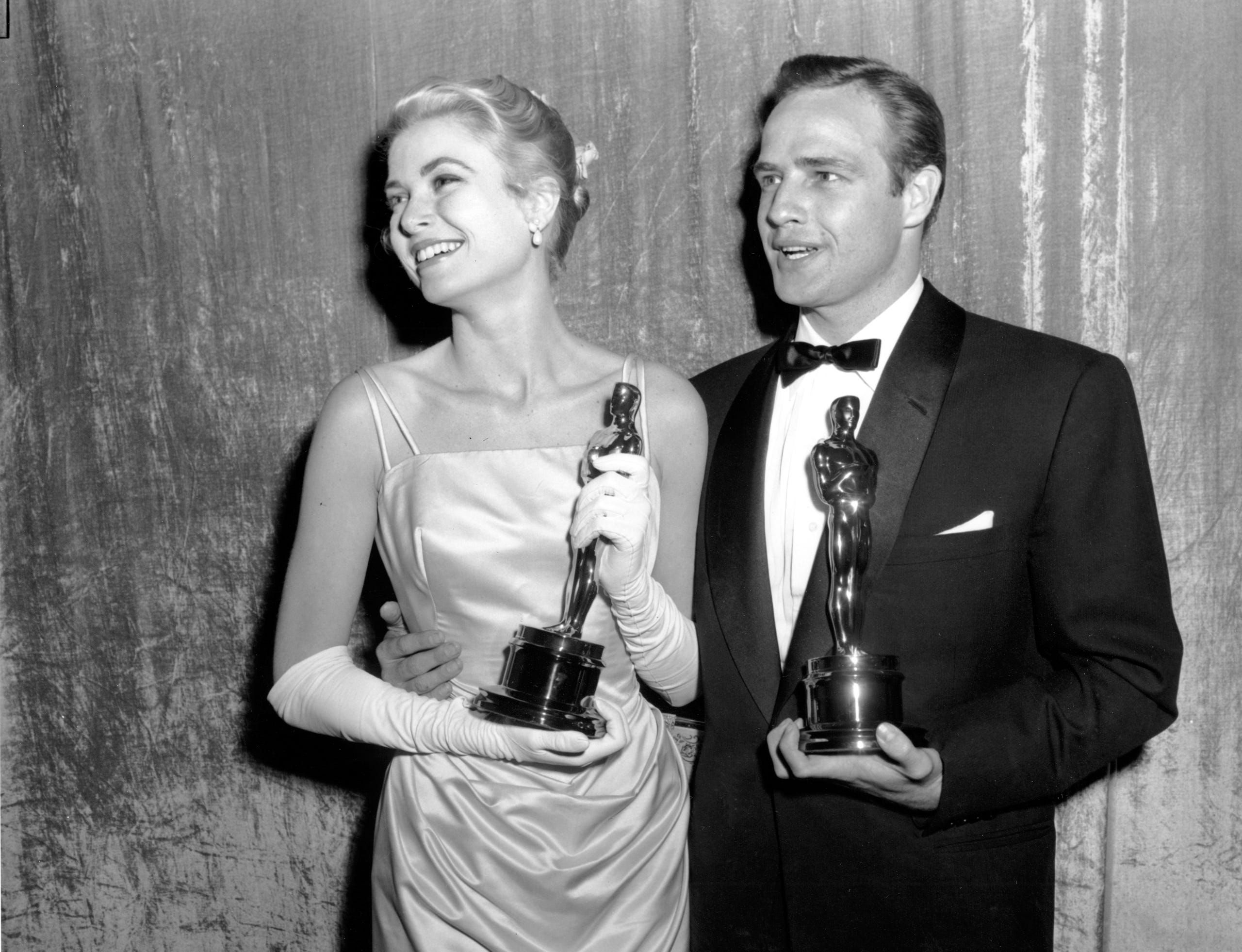Spider-Man: No Way Home has grossed over a billion dollars globally since its release, and has already claimed the title of the 6th biggest film in history. Critics and audiences alike are levying overwhelming praise towards the film, and executives behind the film have begun an Oscars marketing campaign with the hopes of securing a Best Picture nomination. Historically, however, superhero films have been ignored at the popular awards show; indeed, The Academy supposedly celebrates "artistry" and denigrates films, like those of the superhero genre, that it understands as "popcorn entertainment," not art. It's difficult to decide which is more foolish: the "high art" versus "low art" binary, or the fact that the Academy of Motion Picture "Arts and Sciences" is the body that decides upon what is and isn't "art."
The Oscars were once a monolithic force that shaped and reflected movie culture. This is no longer true. In 2021, the Oscars ceremony was seen by 9.85 million viewers, down from 29.6 million in 2019 (before the COVID-19 pandemic). Before that, 43.7 million viewers tuned in for the 2014 Oscars ceremony, marking the biggest turnout since the year 2000. Clearly, fewer and fewer people care about watching industry elites pat themselves on the back in a gilded, affluent ceremony that seems more and more out of touch with a growing global malaise towards economic inequality.
While many movies and industry workers can certainly benefit from an Oscar win or even a nomination, there's not much that the Academy can do to help Spider-Man: No Way Home that hasn't already been accomplished by Disney's money-making machine. Based on reviews, public discourse, and box office receipts, No Way Home's critical and commercial successes have clearly made it the "Best Picture" of 2021, anyway. Garnering official praise from The Academy won't change that, particularly when that same Academy speaks to a very narrow view of cinematic art. Indeed, here's why the Oscars, in the case of Spider-Man: No Way Home, don't really matter.
No Way Home Raises The Question of What "Best Picture" Means
What does the Academy mean when they call a film the best picture of the year? Like all other art forms, films are inherently subjective, and the urge to label one "the best" speaks more to the psychological need to categorize rather than the individual's experience and affection towards a good story. Still, metrics exist to measure the success of a film in the eyes of the public, like its box office success and ratings. In both of these categories, Spider-Man: No Way Home excels. In almost any other genre, that kind of success would be a guaranteed nomination for best picture.
This speaks to a centuries old cultural norm that has dictated which works of art have substance or artistic value and which don't. Superhero films fill the same cultural niche as the western did in the 20th century, glorifying individualism and power fantasy. Some superhero films have managed to tell incredible, beautifully human stories that uphold or abandon those genre trappings. Can they be considered as "artistic" as films of other genres? The question deserves to be offered, and the answer deserves to be considered—just not by an archaic institution whose value for society has been falsely inflated by the media. The Oscars, whose relevance is dwindling year by year, need desperately to embrace the public perception of what makes these films valuable, or they risk accelerating their descent into obscurity.
The Academy Caters to an Exclusive Club
The Oscars are an industry awards show. At its heart, the show supposedly exists to celebrate excellence in filmmaking by rewarding the films themselves and the people behind them. The ceremony’s presentation, dripping excess at every corner, wants very badly to communicate that version of the truth. But anyone who has ever indulged in the deluge of conversations beginning with “have you seen this year’s Oscar-nominated movies?” knows that the Oscars are a cultural phenomenon. People even use the shorthand of “Oscar movies” to describe an imaginary genre with its own conventions and clichés.
Here’s another truth: the Oscars began as a union-busting effort. David Thomson of Vanity Fair relays the tale that began Hollywood’s gilded empire as we know it: Louis B. Meyer needed an organization to preserve and bolster the public image of the movie business and handle labor disputes internally, away from the purview of meddlesome unions. Some ninety years later, the Oscars are still riding the coattails of the great myth, of the divinity of the Academy that bestows the title of “best” on the motion picture art being produced today. The ceremony is designed to make the Academy feel like a legitimate authority on filmmaking excellence, and the grandeur of the event is the Academy’s method of doing so.
That false veneer of "excellence," inseparable from the equally vague notion of "high art," is likely what creates the Academy's lingering prejudice towards superhero films. Spider-Man: No Way Home may have captured the attention of the entire country, but there's still a chance that outdated conceptions of what can be deemed "artistic" will hold it back from an Oscar nomination. It's a misguided quest in the name of preserving a twisted projection of what "real" art is.
A board of thousands of industry workers (actors, directors, editors, writers, cinematographers, sound designers, etc.) make up 17 branches of Academy voters, with each branch in charge of nominations for their category. The branch that nominates for cinematography, for example, is made up of cinematographers, the editors branch is made up of editors, and so on. As of 2020, 84% of Academy voters were white, and 68% were male. As of 2015, the median age of an Oscars voter was 63. Those numbers are, needless to say, bleak: if Best Picture nominations have represented a narrow appreciation for different kinds of art in the past, these numbers are the reason why. Though the Academy has committed to expanding the diversity of their voting pool, the rate of viewership decline and the public's increasing apathy for the awards show may be too fast encroaching for those efforts to pay off in the long run.
The Oscars Are Ultimately a Myth
Business Insider reveals some common characteristics of the “Oscar-bait movie”. It is almost always a drama. It’s likely to be adapted from famous source material. It might be a period piece or revolve around a famous figure from history. A startling number of best picture winners fall into these categories, and seizing on this pattern, major studios continue to invest in these stories in the hope of procuring another win. Celebrating art? No, the in-vogue strategy is to play it safe, give viewers more of what they’ve already seen, and profit off of the limited, diminishing imagination of a country.
Spider-Man: No Way Home isn't an incredibly challenging, different narrative that audiences haven't seen before. There are films that fall into that group, but without the enormous wealth behind them that Disney provides, they are even more at a loss. Still, Marvel's latest film is clearly one of the most viewed and appreciated movies of the year. Whether No Way Home is considered for an Oscar will not change much for those involved in the production of that film. It is very much this year's "best picture" according to the voices of audiences and critics.
It's really all make-believe. The Oscars are an outdated, insular institution with a stranglehold on what the public considers to be artistic. Every year, media outlets dedicate tens of thousands of words and hours of video to the Oscars, which perpetuate their false value in a never-ending cycle. The less attention they are paid, the sooner those false associations between the Oscars and artistic excellence can be broken.




